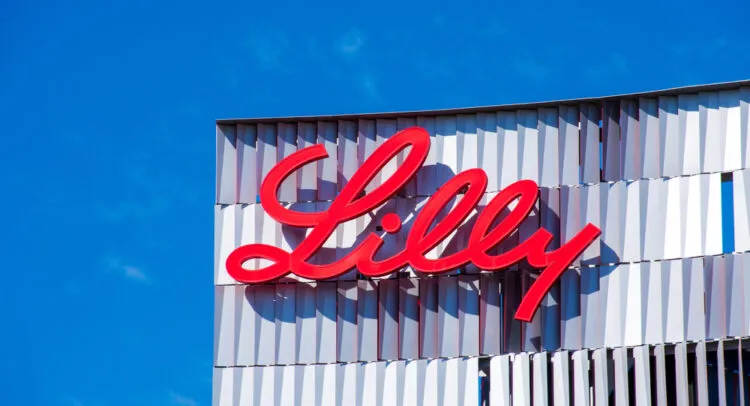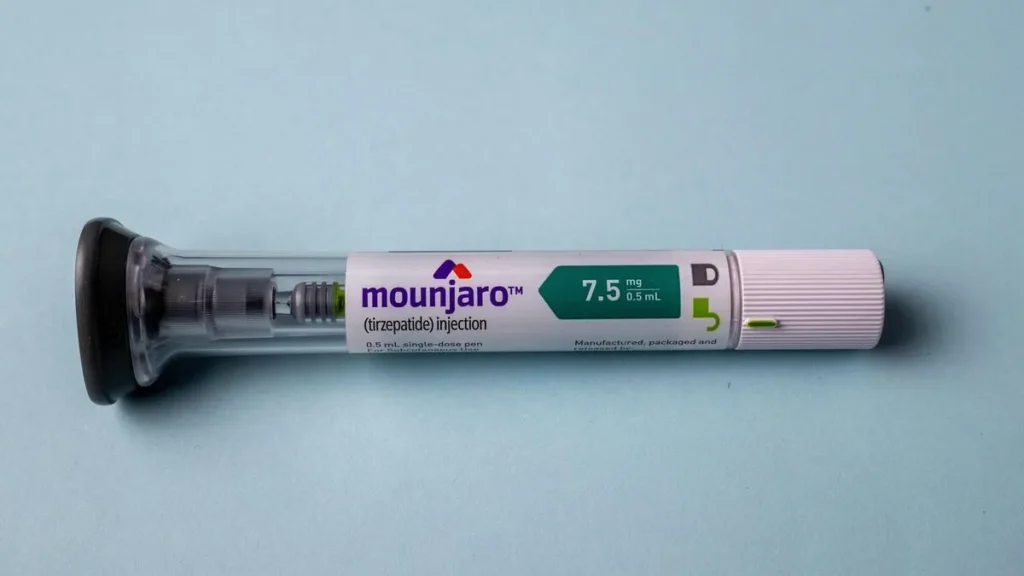
In a significant victory for patient safety, the judge presiding over Eli Lilly’s case before the International Trade Commission (ITC) ruled that U.S. Customs and Border Protection should block the illegal importation of counterfeit tirzepatide products. This decision was grounded in evidence that multiple entities were importing or selling fraudulent tirzepatide products that were likely to mislead consumers about their authenticity and source.
These deceptive practices were found to involve seven entities from China, Spain, Texas, Florida, and Iowa, who were found to have violated federal law by misleading consumers. They falsely claimed that their imported tirzepatide was a genuine Lilly product, that it had undergone clinical trials, and that it was FDA-approved—even though some products didn’t even contain tirzepatide at all.
Lilly Highlights Dangers of Knockoff Tirzepatide and Global Risks
Patrik Jonsson, Executive Vice President of Eli Lilly and President of Lilly Cardiometabolic Health and Lilly USA, emphasized the widespread dangers of these counterfeit drugs. Most people have no idea that the knockoff compounded drugs they are taking may be coming from dangerous and illicit foreign sources,” Jonsson said.
Counterfeit medicines often originate from unregistered facilities abroad, particularly in countries like China and India, where they are not subject to inspection by regulatory bodies. In some cases, these illicit shipments are hidden inside everyday items like dog food, tea, or even facial masks, tricking consumers into unknowingly purchasing harmful products.

The public remains largely unaware of the risks associated with counterfeit tirzepatide products. Just because these products are available in the marketplace doesn’t mean they are safe. According to the U.S. Food and Drug Administration (FDA), compounded and counterfeit drugs can have “serious and potentially life-threatening adverse health consequences,” including infections and sepsis.
For instance, in November, the FDA issued a warning about compounded tirzepatide products from a licensed California compounder that used non-sterile ingredients without any steps to sterilize them.
Eli Lilly has also uncovered various health risks linked to counterfeit tirzepatide. Testing by Lilly revealed that these knockoff products were often contaminated with bacteria and contained dangerously high levels of endotoxins and impurities.
Potency issues have also been a major concern, with some knockoff tirzepatide products containing much more of the active ingredient than labeled, risking potential overdoses. On the other hand, some products had much less active ingredient than advertised—or none at all. A recent ABC report confirmed that some counterfeit tirzepatide products had no active ingredient, while others contained as much as 250% of the potency listed on the label.
The risks are not just a U.S. issue. Foreign regulators and patient advocacy groups have raised alarms about the dangers of unapproved tirzepatide products worldwide. Earlier this year, Australia imposed a complete ban on compounded incretin drugs like tirzepatide due to their threat to patient safety.
Recently, healthcare regulators in South Africa, Brazil, and Ireland have issued warnings about using unapproved and counterfeit versions of tirzepatide. In December, the American Diabetes Association also issued guidance advising against using compounded incretin products, citing concerns about their content, quality, and effectiveness.
Lilly’s efforts to combat counterfeit tirzepatide have been crucial in protecting patient safety. The ITC ruling marks a significant step in stopping the flow of these dangerous knockoff drugs into the U.S. market.
The ITC order is an important step toward stopping bad actors who put patients at risk, and it validates the serious concerns that Lilly has long raised about counterfeit and compounded tirzepatide knockoffs,” Jonsson continued. Lilly remains committed to ensuring the safety of its patients and will continue to take legal action against those who engage in these deceptive practices. However, Jonsson emphasized that Lilly cannot solve this issue alone.
We continue to call upon state and federal regulators to take decisive action against those who threaten the health and wellbeing of Americans,” Jonsson said. This call to action is critical in addressing the widespread problem of counterfeit drugs and ensuring that patients are not exposed to unsafe and potentially life-threatening products.
As the case progresses, Lilly’s commitment to patient safety remains unwavering, and the company will continue to advocate for strong regulatory measures to safeguard public health. The ITC ruling is a crucial step forward in the fight against counterfeit medicines and highlights the importance of vigilance, both from regulators and the public, in ensuring that patients are protected from dangerous and deceptive practices.





